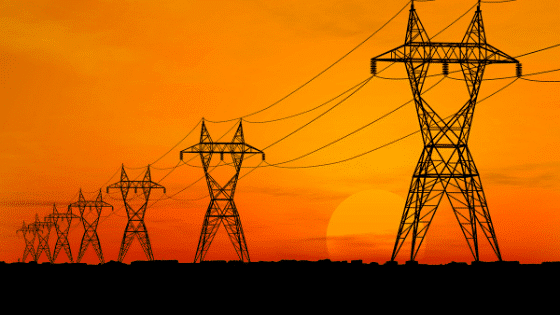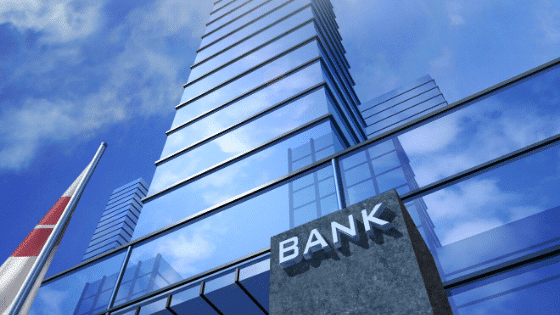An undertaking that has received incompatible State aid must pay it back or, if it cannot, it must be liquidated. Before a recipient of possibly incompatible State aid is liquidated, its assets can be sold off to the highest bidder. The buyer of previously subsidised assets does not benefit from State aid if i) it pays a market price and […]
State Aid Law
Blog
State Aid Uncovered Blog
In Lexxion’s State Aid Uncovered blog, Prof. Phedon Nicolaides publishes weekly critical analyses of recent State aid judgments and decisions. Each post presents the key points of a court judgment or EU Commission decision, places it in the context of similar case law or practice, assesses the underlying reasoning and highlights any inconsistencies or contradictions.
Guest contributions from other State aid experts will also be published on the blog at irregular intervals to complement the content of the blog posts.
- Public Assets ×
19. August 2014 |
State Aid Uncovered
by Phedon Nicolaides
22. July 2014 |
State Aid Uncovered
by Phedon Nicolaides
Revenue from levies on electricity users is most likely to constitute State resources. Public service obligations can be transferred from one electricity-generating company to another. Compensation for public service obligations may distinguish between controllable and uncontrollable costs. Performance benchmarking can be used as a means for inducing efficiency. Electricity levies may not directly or indirectly discriminate against imported electricity. Introduction This is a […]
15. November 2013 |
State Aid Uncovered
by Phedon Nicolaides
Introduction The private investor principle (PIP) or market economy investor principle is well established in the case law. A closely related concept is the private vendor principle (PVP). The PIP applies when a public authority assumes risk by investing in an undertaking, for example through the purchase of shares, injection of capital, granting of a loan or provision of […]
- Public Assets ×
19. August 2014 |
State Aid Uncovered
by Phedon Nicolaides
An undertaking that has received incompatible State aid must pay it back or, if it cannot, it must be liquidated. Before a recipient of possibly incompatible State aid is liquidated, its assets can be sold off to the highest bidder. The buyer of previously subsidised assets does not benefit from State aid if i) it pays a market price and […]
22. July 2014 |
State Aid Uncovered
by Phedon Nicolaides
Revenue from levies on electricity users is most likely to constitute State resources. Public service obligations can be transferred from one electricity-generating company to another. Compensation for public service obligations may distinguish between controllable and uncontrollable costs. Performance benchmarking can be used as a means for inducing efficiency. Electricity levies may not directly or indirectly discriminate against imported electricity. Introduction This is a […]
15. November 2013 |
State Aid Uncovered
by Phedon Nicolaides
Introduction The private investor principle (PIP) or market economy investor principle is well established in the case law. A closely related concept is the private vendor principle (PVP). The PIP applies when a public authority assumes risk by investing in an undertaking, for example through the purchase of shares, injection of capital, granting of a loan or provision of […]
- Public Assets ×
19. August 2014 |
State Aid Uncovered
by Phedon Nicolaides
An undertaking that has received incompatible State aid must pay it back or, if it cannot, it must be liquidated. Before a recipient of possibly incompatible State aid is liquidated, its assets can be sold off to the highest bidder. The buyer of previously subsidised assets does not benefit from State aid if i) it pays a market price and […]
22. July 2014 |
State Aid Uncovered
by Phedon Nicolaides
Revenue from levies on electricity users is most likely to constitute State resources. Public service obligations can be transferred from one electricity-generating company to another. Compensation for public service obligations may distinguish between controllable and uncontrollable costs. Performance benchmarking can be used as a means for inducing efficiency. Electricity levies may not directly or indirectly discriminate against imported electricity. Introduction This is a […]
15. November 2013 |
State Aid Uncovered
by Phedon Nicolaides
Introduction The private investor principle (PIP) or market economy investor principle is well established in the case law. A closely related concept is the private vendor principle (PVP). The PIP applies when a public authority assumes risk by investing in an undertaking, for example through the purchase of shares, injection of capital, granting of a loan or provision of […]






